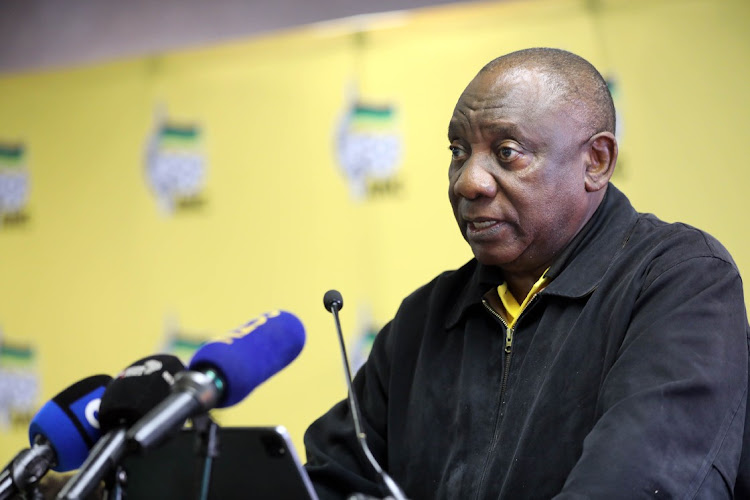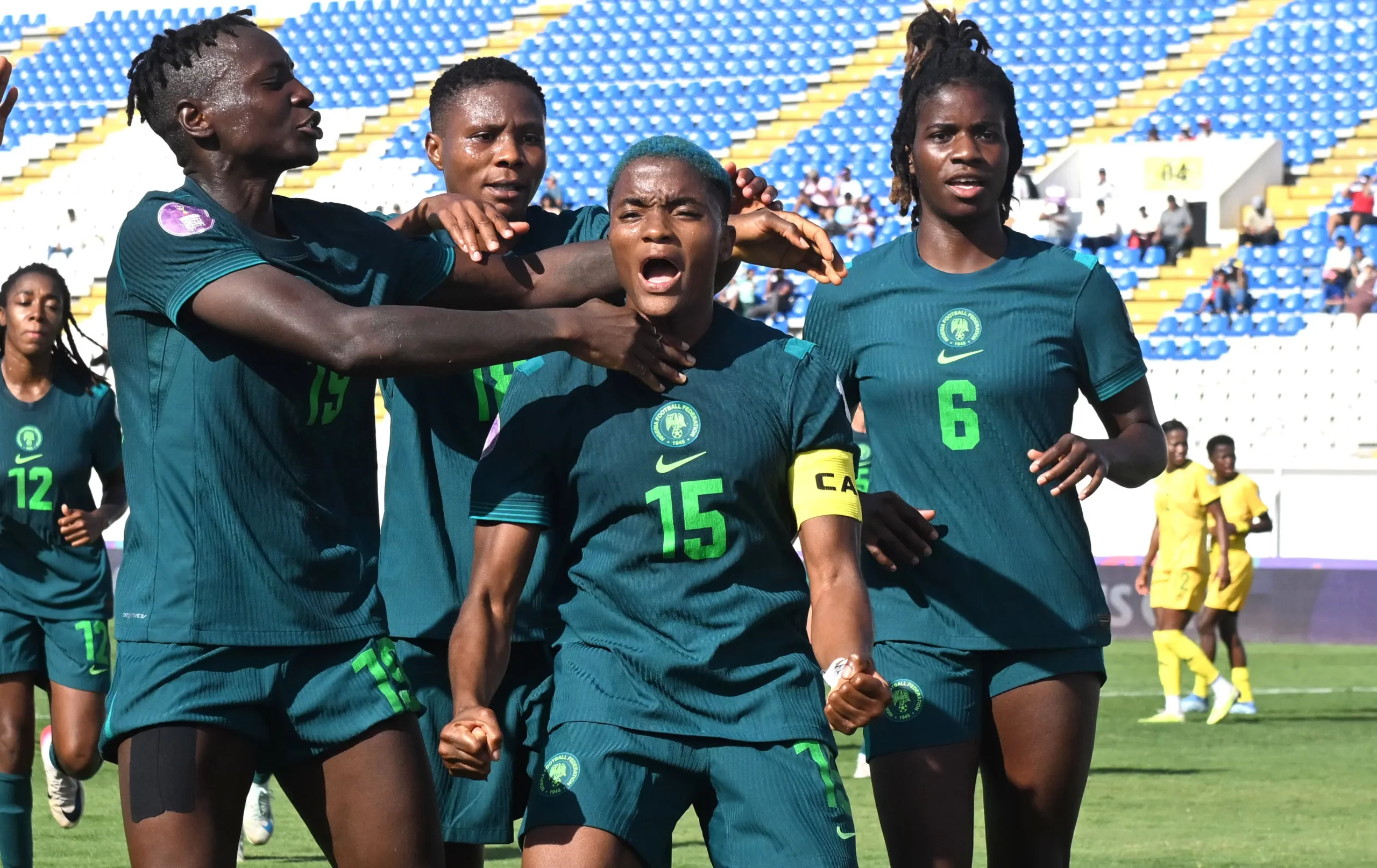The political future of the South African president has become uncertain as he has an impeachment case to answer and as the ruling party must nominate its candidates for the 2024 elections this December.
The impeachment case surface after an independent parliamentary panel probed the scandal over the theft of thousands of US dollars stashed illegally on his farm, Phala Phala. The three-person panel, headed by former chief justice Sandile Ngcobo, found that the president might have committed violations and misconduct in the case, breached the constitution and engaged in corrupt activities. The panel’s report, handed to the speaker of parliament, opens the way for impeachment proceedings against the head of state and president of the ruling party, Cyril Ramaphosa.
The president’s possible impeachment would be debated at a special sitting of parliament.
The Phala Phala affair threatens to derail Ramaphosa’s chances of winning a second term as president of the African National Congress (ANC) at its national conference this December 16 to 20.
Whoever emerges victorious from the ANC national conference will become head of state at the end of the 2024 general election if the ANC, facing growing disenchantment, wins the election.
The case is tarnishing the image of the head of state, who is expected to tackle the corruption he has vowed to eradicate and who is also the subject of a criminal investigation by the elite South African police unit, the Hawks.
Academic Dirk Kotze argues in an analysis for “The Conversation Africa” that the Phala Phala scandal has seriously dented Ramaphosa’s credibility. He sets out how Ramaphosa’s business interests are threatening to jeopardize his presidency, with dire consequences for the country given the important economic and political reforms he is pursuing.
Ramaphosa’s first reform agenda is an economic reconstruction and recovery plan. This includes solving persistent power cuts that have devastated the country’s economy. The second task is to unite the highly factionalized governing party, the African National Congress, which he leads.
However, his credibility has been scratched by the Phala Phala scandal, putting his reform agenda in jeopardy.
The scandal is not just a threat for Ramaphosa, but could seriously hurt his party’s prospects as it faces grueling national and provincial elections in 2024. Actually, support for the party, which has dominated South Africa’s politics since democracy in 1994, has been sliding steadily in the last two decades.



